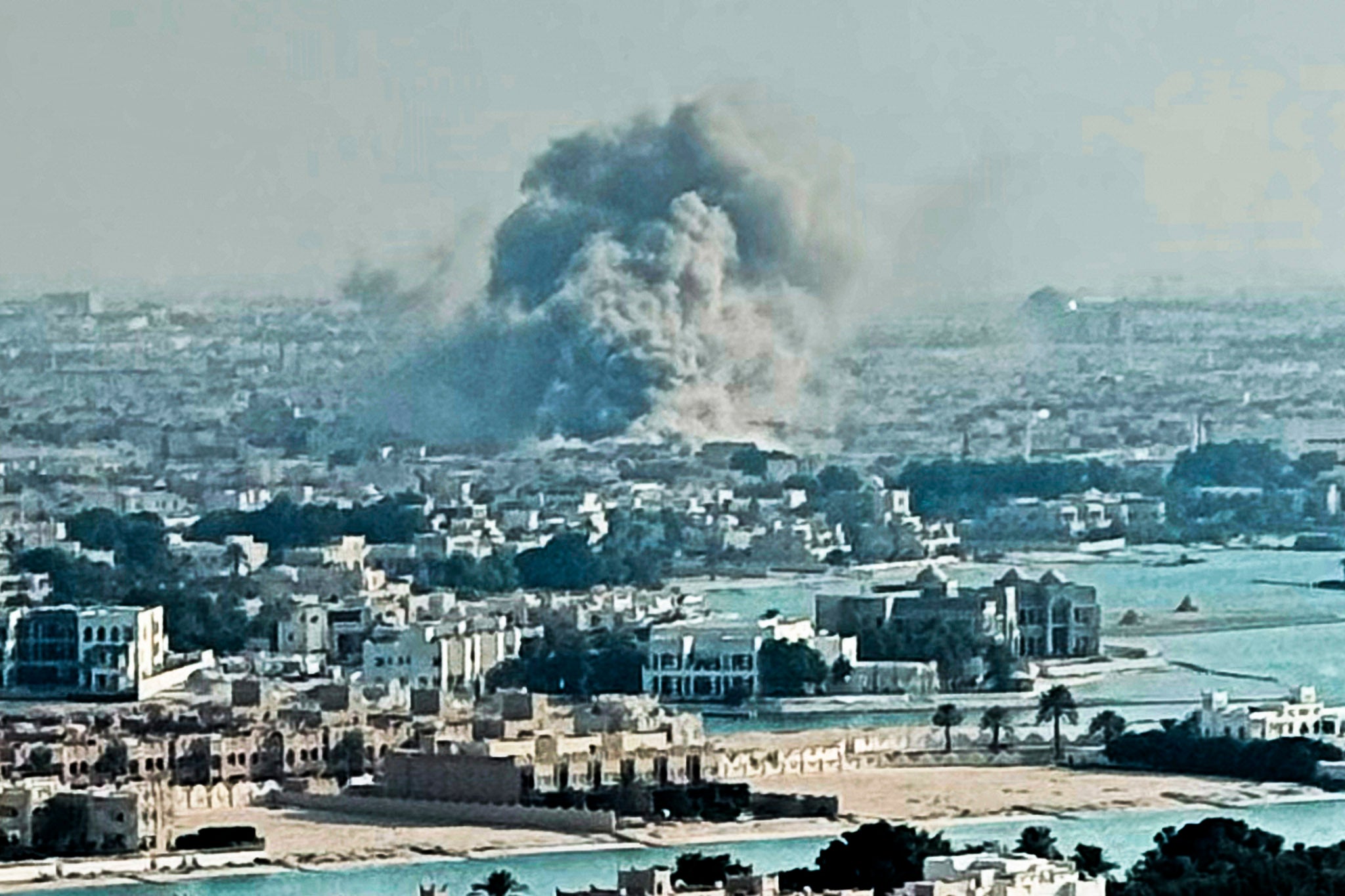Qatar Condemns Israeli Air Strike, Says It Killed Hope for Hostage Release
Qatar has condemned a recent Israeli airstrike in Doha that killed several people, calling it a violation of its sovereignty and warning that the attack has destroyed hopes for the release of hostages held in Gaza.

Qatar has issued a forceful condemnation of Israel following a deadly airstrike in Doha on September 9, 2025, which targeted senior Hamas leaders and resulted in multiple fatalities, including civilians and Qatari security personnel. The Qatari government described the attack as a "cowardly" breach of international law and sovereignty, with Prime Minister Sheikh Mohammed Bin Abdulrahman Al Thani declaring at an emergency United Nations Security Council session that Israel's actions have "killed any hope for those hostages" held in Gaza. He accused Israeli leaders of showing they "do not care" about the hostages, especially given the timing of the strike as Hamas leaders were reportedly meeting to discuss a U.S.-backed ceasefire proposal and potential hostage release.
International and Regional Outrage
The airstrike, which marked Israel's first known direct attack on Qatari soil, has triggered an unprecedented wave of international condemnation. Leaders from across the Arab world, including Saudi Arabia and Egypt, as well as major global powers such as France, the United Kingdom, Russia, and China, have denounced the attack as a flagrant violation of Qatar's sovereignty and a dangerous escalation in the region. The United Nations Security Council issued a joint statement expressing "deep regret at the loss of civilian life" and reaffirmed support for Qatar's territorial integrity. The Gulf Cooperation Council, Arab League, and Organization of Islamic Cooperation all issued strong statements of solidarity with Qatar, warning that the strike undermines diplomatic efforts and threatens regional security.
Impact on Hostage Negotiations and Mediation Efforts
The strike has cast a shadow over ongoing mediation efforts led by Qatar and Egypt to secure a ceasefire in Gaza and the release of Israeli hostages. Qatari officials and international analysts warn that the attack may have permanently derailed negotiations, with the Qatari Foreign Ministry stating that bombing the mediator "sends a very clear message that there is nothing valid in the talks." Hamas, whose leaders were the apparent targets, called the strike a failed assassination attempt and accused Israel of deliberately sabotaging any chance for a peace agreement or hostage release. The Hostages and Missing Families Forum in Israel also expressed "deep concern" that the airstrike would endanger the remaining hostages.
Israeli and U.S. Responses
Israel has defended the operation, with Prime Minister Benjamin Netanyahu warning Qatar to expel Hamas leaders or face further action. Israeli officials celebrated the strike as a blow against Hamas, though the Shin Bet security service reportedly assessed that the main assassination objectives were not achieved. The United States, a key ally of both Israel and Qatar, expressed unease over the attack. Former President Trump, while supportive of Israel's war aims, criticized the strike for undermining peace efforts and assured Qatar that such an incident would not recur. The U.S. administration has faced internal divisions, with some lawmakers condemning the attack and others supporting Israel's actions.
Qatar's Next Steps and Global Implications
Qatar has vowed to take all necessary measures to protect its sovereignty and security, while reaffirming its commitment to humanitarian mediation. The Emir, Sheikh Tamim bin Hamad Al Thani, has received calls of solidarity from world leaders, and Qatar is convening an extraordinary summit of Arab and Islamic states to coordinate a multinational response. Analysts suggest that the attack may prompt Qatar to reconsider its security partnerships and could further isolate Israel diplomatically. The incident has heightened tensions in the Gulf and cast doubt on the future of regional peace initiatives, with many international actors urging restraint and a renewed focus on diplomacy.